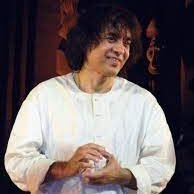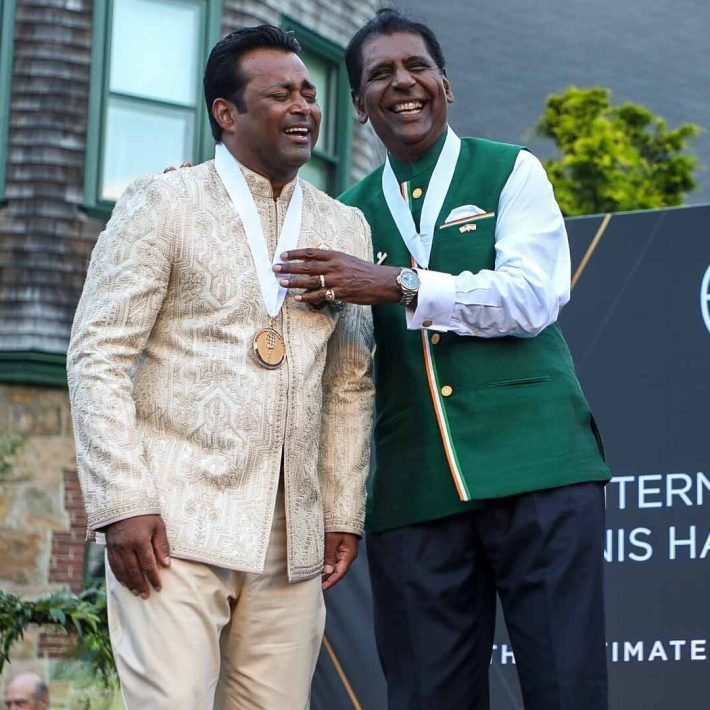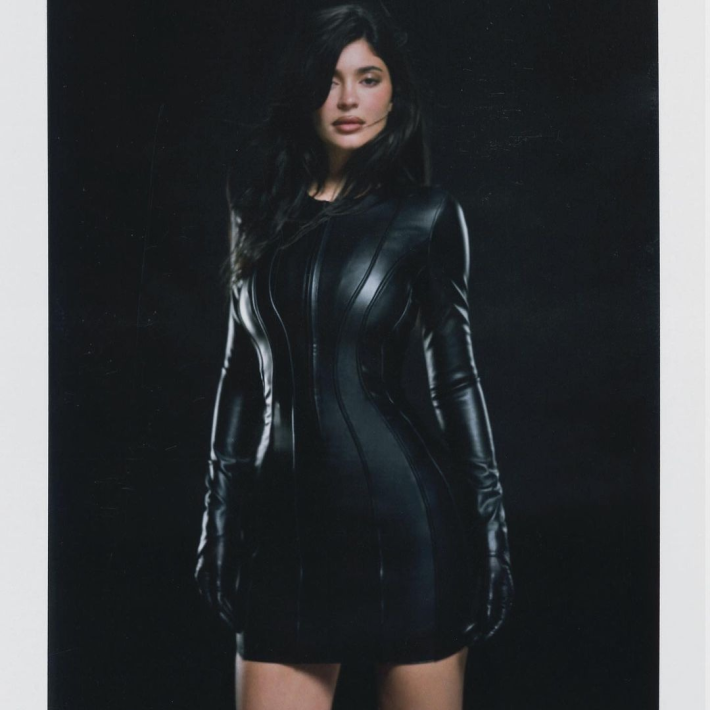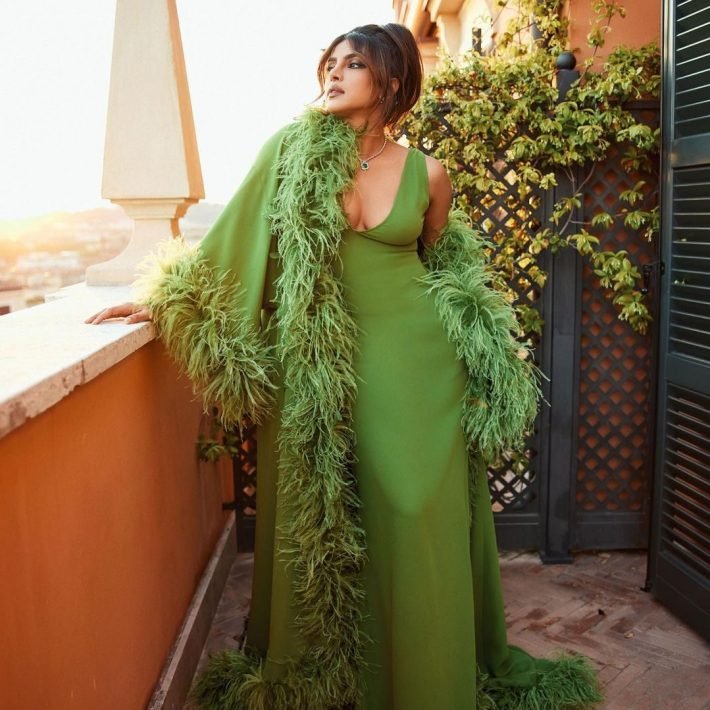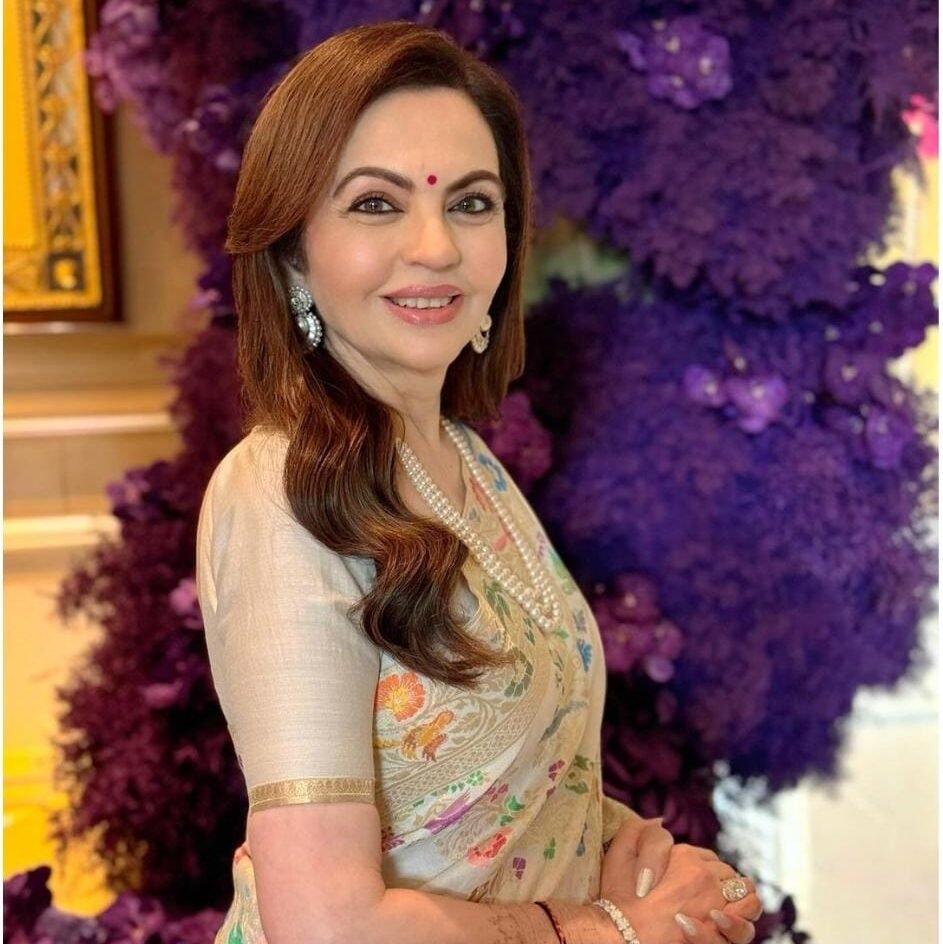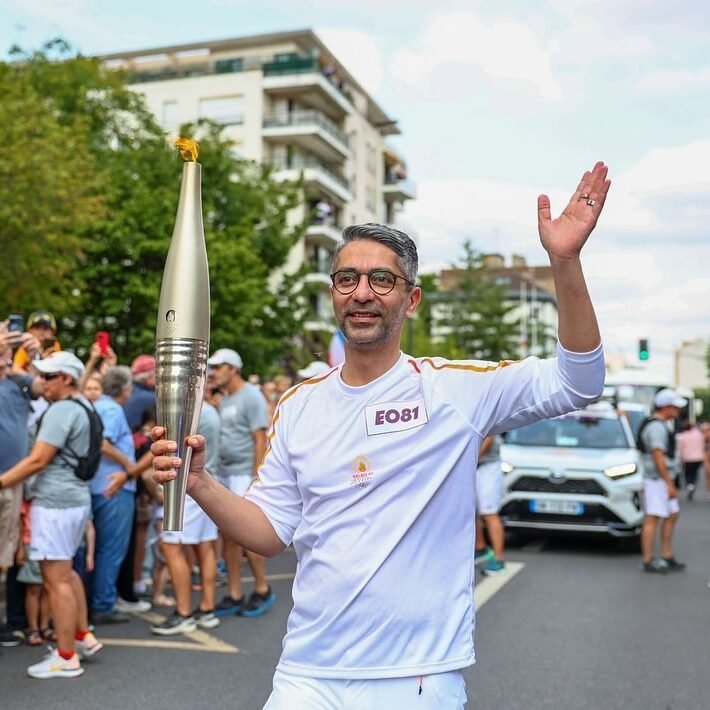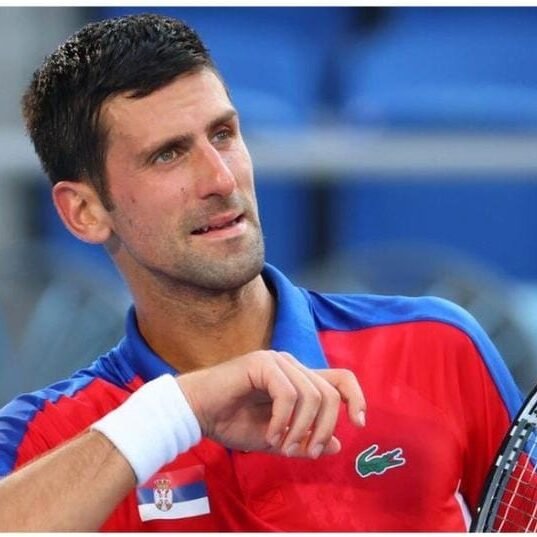Three Grammys in a single night… Pre-eminent classical tabla virtuoso, 73-year-old Zakir Hussain, continues to blaze a trail of glory across the world of music.
BY Nichola Marie
If you were around in the 1980s, you probably had your first introduction to the curly-haired, cherubic tabla sensation ‘Ustad’ Zakir Hussain via national television. Appearing in an ad for a brand of tea, he was shot against the backdrop of the magnificent Taj Mahal, immersed in playing the tabla. Later, as he sipped on a cup of Taj tea, the voiceover complimented his playing with “Wah Ustad, wah!” To this, the Ustad replies, “Arre huzoor, wah Taj boliye!” We didn’t even notice that the TV commercial supposedly portrayed the perfection in playing the tabla as the result of hours of dedicated work, comparable to the work of a master tea blender. Or that it was part of a planned ad campaign to strike a balance between Indianness and refinement and create consumer appeal. Those energetic movements, that spontaneous smile… it was only and only the Ustad that we had eyes for!
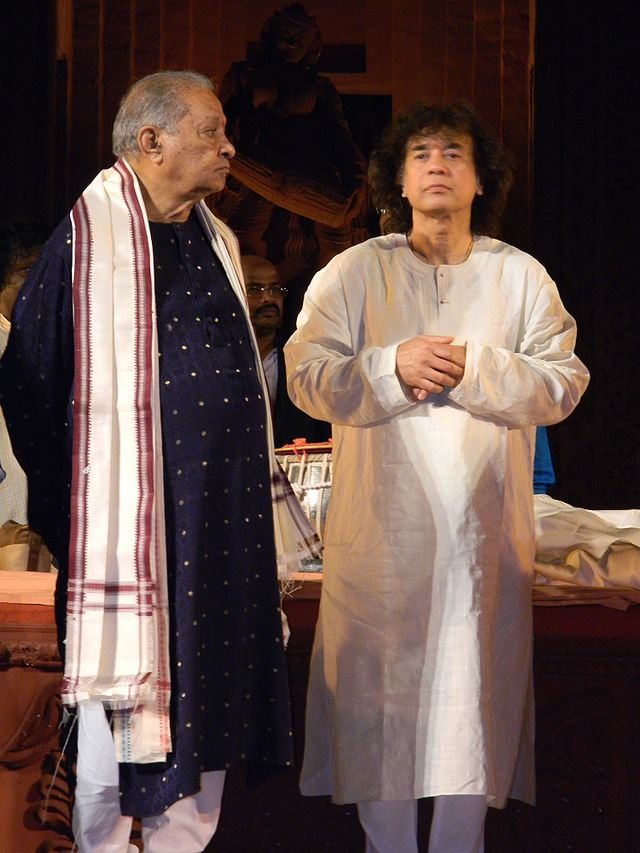
Close to four decades later, ‘Ustad’ has lost none of his zing and is actively setting new records… Like his three Grammys won in a single night! The tabla maestro became the first Indian to achieve this feat at the globally famous music awards this year, picking up the trophies in the Best Global Music Performance, Best Contemporary Instrumental Album and Best Global Music Album categories. Dressed in a white embroidered kurta, he delivered his thanks, adding, “Without love, without music, without harmony, we are nothing.”
That sentence, in a nutshell, symbolises the artistic spirit that pervades Hussain, an international phenomenon and one of the world’s most esteemed and influential musicians. And yet, how lightly he wears his greatness! Widely appreciated in the realm of percussion as well as in the music world at large, he continues to break new ground. As he explained in an interview last year, he finds motivation and ‘newness’ in collaborating with artistes across the world. “If, as a tabla player, I was playing with the same sitar player for 25 years, I would wither after a certain time. I would not expand as much. If I have no comparison, no way to be able to dial in other information, I would not grow. Therefore, I would die as an artiste.”

Marked for greatness
A disciple of his father, the legendary Ustad Allarakha (who was described in an obituary in ‘The New York Times’ as “the most important tabla drummer of his generation”), the 1951-born Hussain quickly showed prodigious talent. Just 12 when he began his professional career, he went on to accompany the country’s greatest classical musicians and dancers, even touring internationally… all by the time he was 18! After completing his education in Mumbai (St Michael’s, Mahim, followed by St Xavier’s College), he moved to the US in 1970. It marked the beginning of his international career that would see him perform with George Harrison, John Handy, Van Morrison, and the pop group Earth Wind & Fire.
To Hussain goes unequivocal credit for bringing the tabla into a new dimension of renown and appreciation. He has elevated the instrument’s status in India and across the world with his brilliant accompaniment, solo performances and collaborations that defy genre. Equally important is his pioneering work to develop a dialogue between North and South Indian musicians.
A key influencer in the world music scenario, he is considered a key architect of the contemporary world music movement. He has to his credit several innovative and original collaborations including Shakti, Remember Shakti, Masters of Percussion, Planet Drum and Global Drum Project with Mickey Hart, Tabla Beat Science, Sangam with Charles Lloyd and Eric Harland, CrossCurrents with Dave Holland and Chris Potter, in trio with Béla Fleck and Edgar Meyer, and with Herbie Hancock.
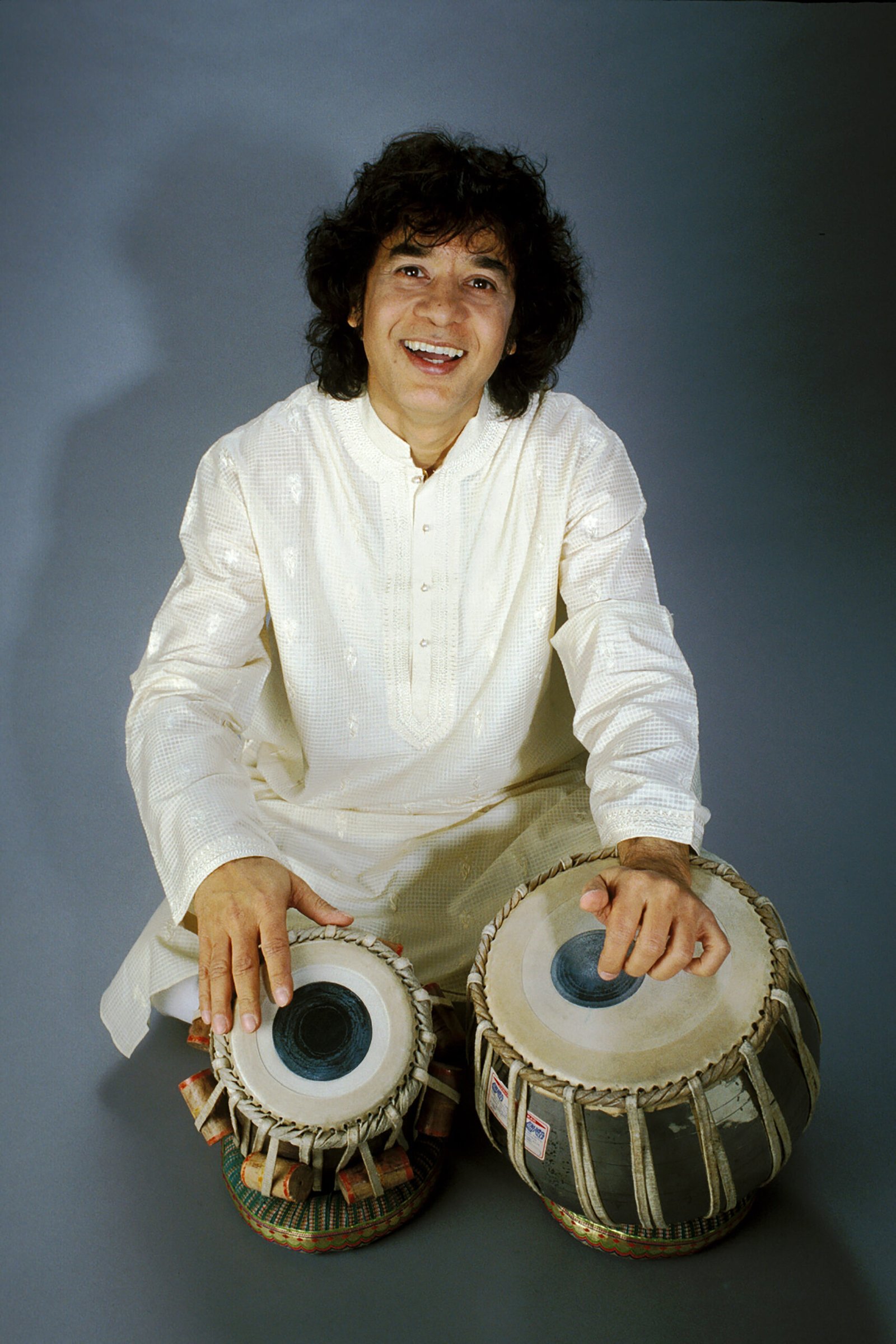
A gifted composer, he has scored music for several feature films, major events and productions. Composer of three concertos, his third was the first-ever concerto for tabla and orchestra. It premiered in India in September 2015, by the Symphony Orchestra of India, followed by its premiere in Europe and the UK in 2016, and in the USA in April 2017, by the National Symphony Orchestra at Kennedy Center.
The many honours he has been conferred include the prestigious Padma Vibhushan, Sangeet Natak Akademi Award, the USA’s National Heritage Fellowship and Officier in France’s Order of Arts and Letters. Over several years, he has been voted Best Percussionist by the Downbeat Critics’ Poll as well as the Modern Drummer’s Reader’s Poll. In 2018, he was awarded by the Montreal Jazz Festival with their Antonio Carlos Jobim Award. A recipient of several honorary doctorates, in 2019, he became a Sangeet Natak Akademi Fellow. He was the 2022 Kyoto Prize laureate in Arts and Philosophy, awarded by the Inamori Foundation to “those who have contributed significantly to the scientific, cultural and spiritual betterment of mankind.”
His contributions as an educator are equally impressive. Hussain conducts many workshops and lectures each year and has been in residence at Princeton University and Stanford University. In 2015, he was appointed Regents Lecturer at UC Berkeley. Since the past 30 years, he has been conducting an annual workshop in the San Francisco Bay Area. Performers as well as serious students of the tabla widely anticipate the event. He is credited as Founder & President of Moment Records, an independent record label that presents rare live concert recordings of Indian classical music and world music. Resident Artistic Director at SF Jazz from 2013 until 2016, on January 18, 2017, he was honoured with SF Jazz’s Lifetime Achievement Award, for his “unparalleled contribution to the world of music.”

In his words
·“My father always said each instrument has a spirit and if you are a student, half the battle is to get that spirit to accept you as a mate, as a friend. Once that happens, the instrument reveals how you should react to it, touch it and express yourself through it.”
· “Music is my world. It is the garb I wear. Tabla is a mate, it is a brother, a friend, it’s the bed I sleep in. …My relationship with the spirit of my tabla is special. I find myself at a place where I cannot imagine that I can exist without it. It motivates me to get up in the morning and say ‘Hello!’”

·“I wanted to bring tabla out of the realms of just being an accompanying instrument, my aim was to give it the same status as enjoyed by other instruments. Today, the tabla has its separate musical identity throughout the world, which I feel is its rightful place.”
·“Music has given me everything that I am. Music has brought me to the world, it has brought the world to me. I cannot imagine being separate from music. It is the outfit I wear.”
·“Indian classical music, at this moment, is at a very happy place because of the media and their ability to project the musicians out to the world. It has gained popularity, visibility, and therefore there is more focus on it.”
A musical family
Hussain has two brothers: Taufiq Qureshi, a percussionist, and Fazal Qureshi, also a tabla player. He is married to Antonia Minnecola, a Kathak dancer and teacher, who is also his manager. Their daughter Anisa Qureshi graduated from UCLA and is a filmmaker, while their other daughter Isabella Qureshi is a ballet teacher. “So everything is art and music!” he smiles.

Decades of playing and the concept of possible burnout remains alien to him. Asked if there has ever been a time he didn’t want to play the tabla, he shared, “I sometimes sleep with tabla on my bed. Creatively speaking, it’s been my companion, my friend, my mate since I was a baby. Since I was three, four years old it has been there. So I never imagined my life to be without it and I will not imagine my life to be without it. It cannot be when I don’t have my tabla, I’ll just wither away and go away somewhere. Tabla is what makes me tick. I mean, apart from my lovely family, my wife, my kids, my grandchild. All that, yes. They are the same for me as my tabla, neck and neck.”
